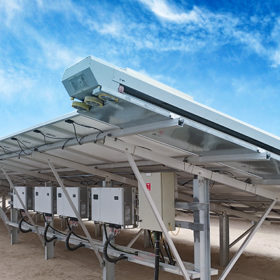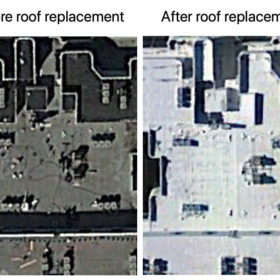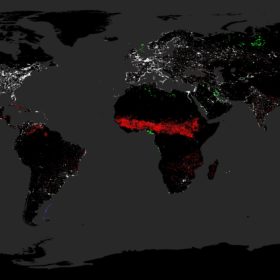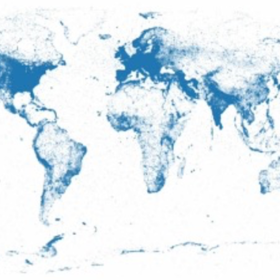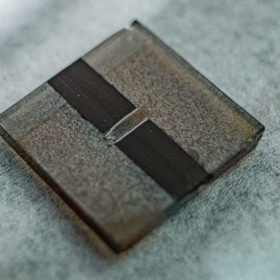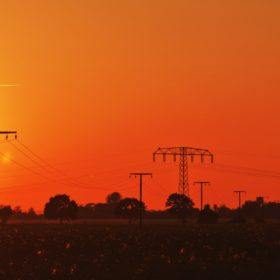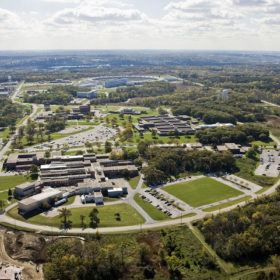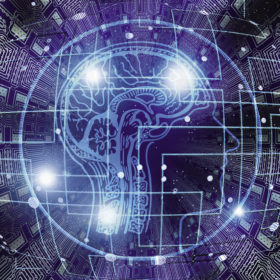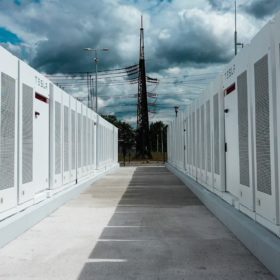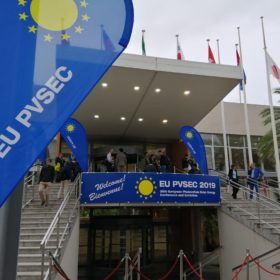Huawei to ramp up artificial intelligence to improve solar inverters
The Chinese conglomerate has revealed how it will further integrate artificial intelligence (AI) in its string devices this year. The approach includes the transformation of inverters into smart PV controllers, the development of AI inference modules and the creation of an AI training and inference platform. Machine learning will also be incorporated into operations and maintenance, grid management and PV plant design.
Tackling climate change with machine learning: The power of entrepreneurship
The importance of start-ups and climate tech companies in advancing the use of machine learning to combat climate change was emphasized at a recent online workshop.
Tackling climate change with machine learning: Covid-19 and the energy transition
The effect the coronavirus pandemic is having on energy systems and environmental policy in Europe was discussed at a recent machine learning and climate change workshop, along with the help artificial intelligence can offer to those planning electricity access in Africa.
Tackling climate change with machine learning: Day 1
Artificial intelligence (AI) can play a key role in combating climate change, including by application in the renewables industry. Dustin Zubke is watching this week’s International Conference on Learning Representations workshop to find out how, after the Addis Ababa conference was moved online because of the Covid-19 pandemic.
AI selecting best solar perovskites
A U.S. research team has used machine learning to optimize material composition and predict the design strategies and performance of perovskite solar cells. The researchers analyzed 2,000 peer-reviewed perovskite publications and collected more than 300 data points.
Reducing total harmonic distortion with adaptive filters
A Malaysian study has compared the techniques used to reduce total harmonic distortion caused by PV systems. The paper, which considers the benefits and drawbacks of the approaches studied, suggests the use of adaptive filters.
Narrowing down 166 billion battery materials
Researchers at the U.S. Argonne National Laboratory have applied a combination of machine learning and artificial intelligence to help narrow down a list of 166 billion molecules that could be used to form the basis of a battery electrolyte. The technique, say the researchers, offers a way to greatly reduce the cost of narrowing down such an enormous data set, while still providing a precise understanding of each molecule and its likely suitability.
ABB touts AI-supported industrial energy consumption management tool
A new application for ABB’s ‘Ability’ digital platform enables industrial customers to avoid peak charges without using of battery storage. The Swiss corporation has developed two apps for its energy management software with the help of an artificial intelligence specialist.
Tesla-based battery project launched in Slovenia
New company NGEN appears to have introduced the Powerpack battery to central Europe in a €15 million, 12.6 MW/22.6 MWh project in the northwest of the country which is the first of two planned utility scale systems due for completion by July.
New methods for fault detection revealed at EU PVSEC
Quality control and problem detection and classification was brought into focus at the conference in Marseille. A packed house at a session focused on the latest fault detection techniques indicated the high level of interest in the field.
